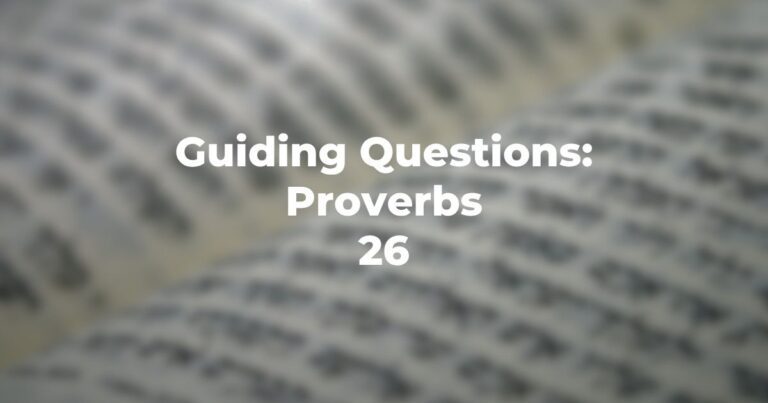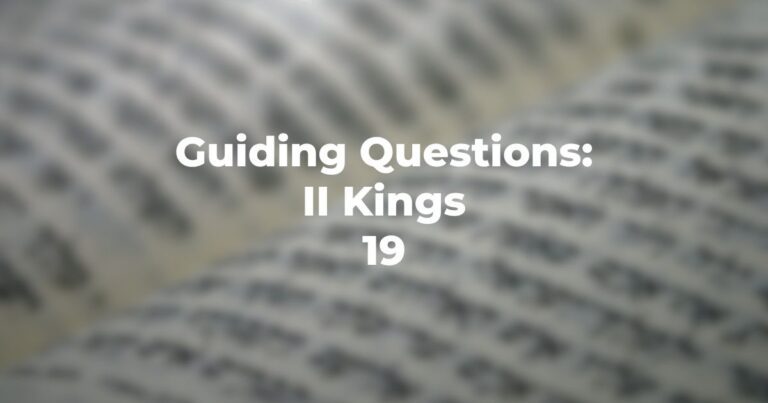- Is living kadosh daily highlighted by special occasions?
- Of the special occasion, which one is ranked first and what is its frequency?
- Does the description of Shabbat imply that you work to live rather than that you live to work?
- Does the text say that you must work six days; or does it say that you must not work one day?
- Do any of the special occasions represent a time of pleading for fecundity or are the “Moadim” commemorative rather than beseeching?
- Are the Moadim to be positioned in random fashion or in a specific mode?
- Do the Moadim have a dual focus—that is, what is incumbent on the individual and is to be done in the religious center?
- Is any of the Moadim sad (as distinguished from serious)?
- Why does the list of the special occasions begin with Shabbat?
- What is a “mikra kodesh?”
- Could there have been a “mikra” which is not “kodesh?”
- Is “melakhah” (work) defined?
- Is this the first time that “Shabbat Shabbaton” is mentioned? If not, is there a difference between this reference and (an) other reference(s)?
- When is “hodesh harishon?”
- Are Pesah and Hag HaMatzot the same moed?
- What moed is described in Leviticus 23:9-14?
- What moed is described in Leviticus 23:15-21?
- Why would Leviticus 23:22 be included? Does it deal with a moed?
- What is the “zikhron teruah?”
- Is the moed described in Leviticus 23:26-32 something new?
- Among the korbanot, does any moed here listed include a “transgression korban”?
- Is there any exception to the rule that work is to be avoided on a moed?
- What reason(s) is (are) given to celebrate Sukkot?
- Does any moed ask the Israelite to be sad?
- Does any moed suggest that the Israelite should be “samey’ah”?
- Do all of the Israelites observe the moadim in the same fashion?
- Who is told about the moadim calendar—all of B’nai Yisrael or some special group?
- Are the moadim for the wilderness experience only or for all time?
Author
-

Exploring Judaism is the digital home for Conservative/Masorti Judaism, embracing the beauty and complexity of Judaism, and our personal search for meaning, learning, and connecting. Our goal is to create content based on three core framing: Meaning-Making (Why?), Practical Living (How?), and Explainers (What?).
View all posts




